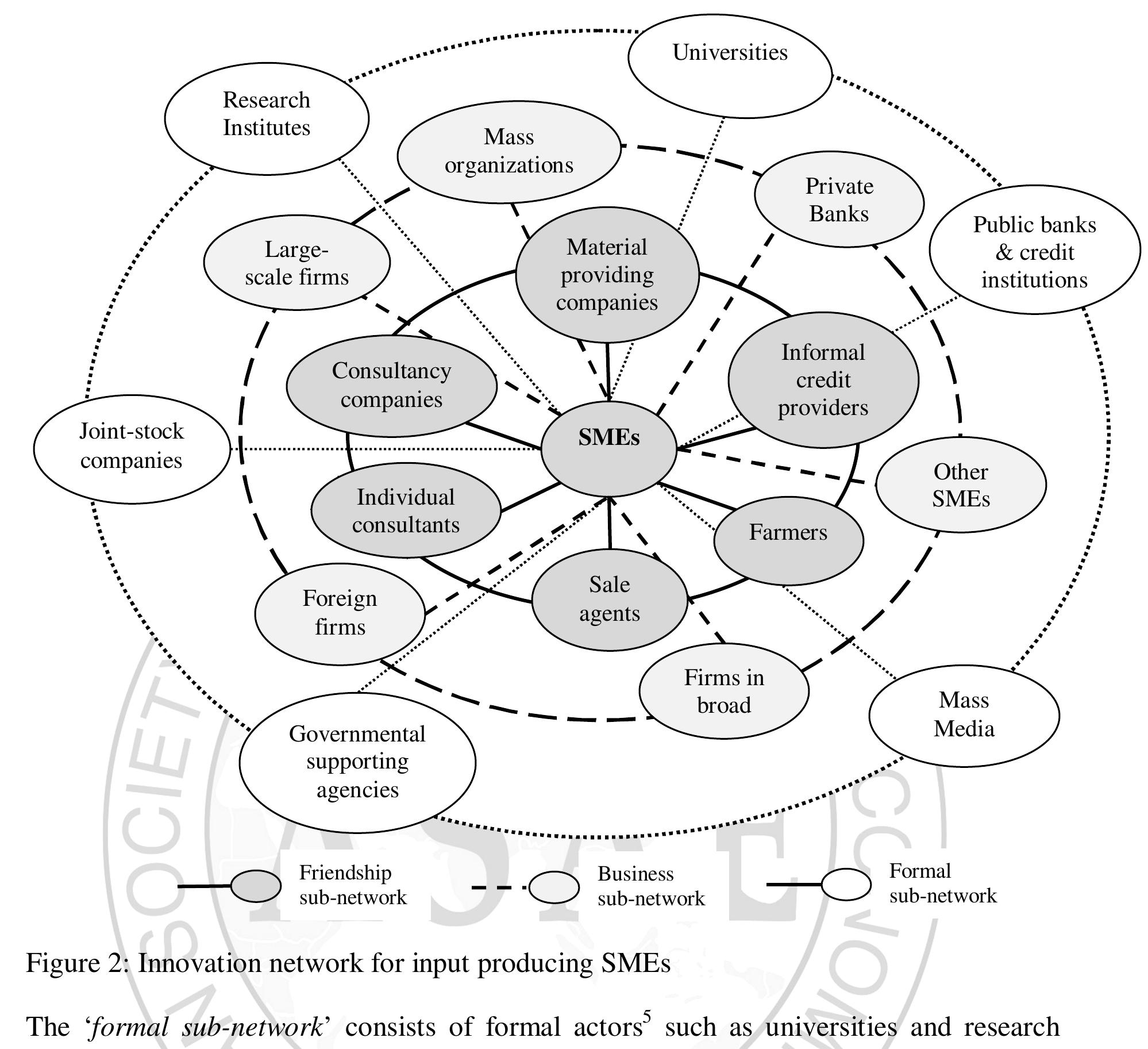Key research themes
1. How can system theory and cybernetic models enhance understanding and design of organizational complexity?
This research area focuses on applying systems theory and cybernetic frameworks to conceptualize organizations as complex, adaptive systems. It emphasizes the importance of modeling organizations as viable systems with recursive structures and emergent properties, supporting management of complexity and organizational learning. The approach is seminal in shifting from mechanistic views to relational and process-oriented views that highlight communication and coordination across different systemic levels.
2. What is the role of organizational systems and culture alignment in enhancing organizational performance and reducing employee turnover?
This theme explores how the orientation and fit between organizational systems (structures, procedures, workflows) and organizational culture (shared values, norms) impact organizational effectiveness and employee outcomes. Particularly relevant to service organizations, the research investigates how system-culture congruence affects employee retention and operational performance, recognizing the complex socio-technical interactions shaping human resource management.
3. How do organizational structures and decision-making mechanisms influence individual behavior and organizational outcomes?
This research area investigates how formal organizational structures, such as voting thresholds and control mechanisms, shape individual actors’ behavior, strategic decision-making, and ultimately affect collective organizational results. It moves beyond static aggregation models to recognize the dynamic, feedback-laden interactions between structural design and member responses, underscoring the dual function of organizational systems as both aggregators and shapers of individual behavior.





